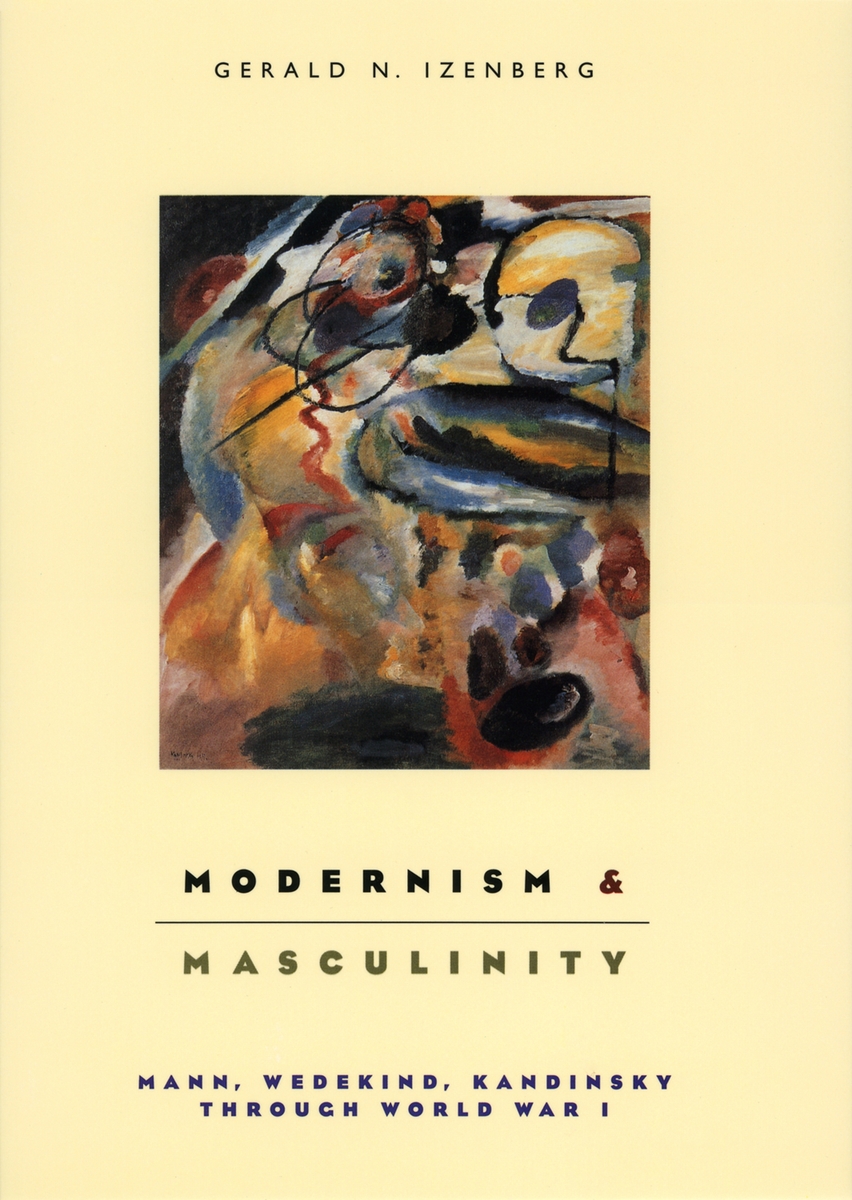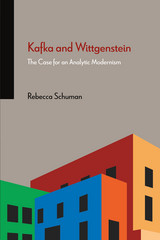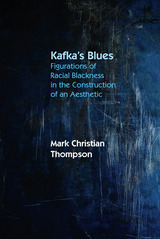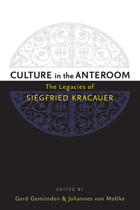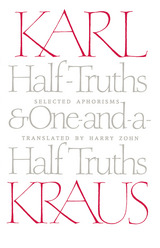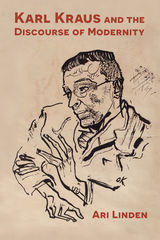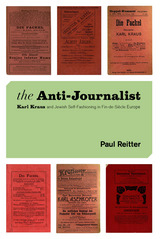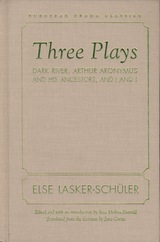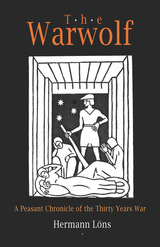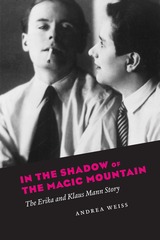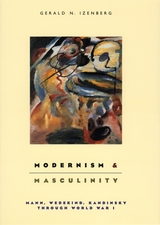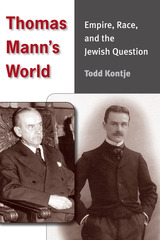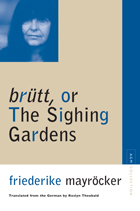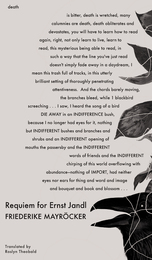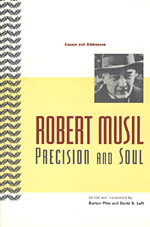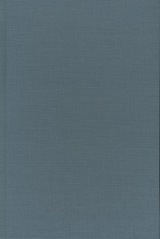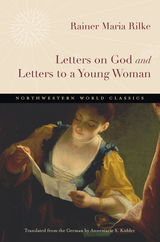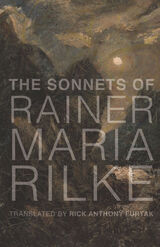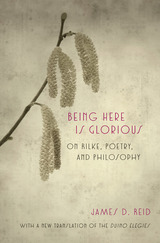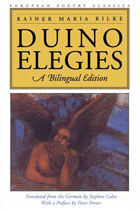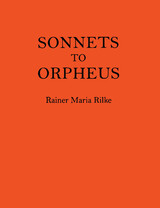Modernism and Masculinity: Mann, Wedekind, Kandinsky through World War I
University of Chicago Press, 2000
Cloth: 978-0-226-38868-7 | Paper: 978-0-226-38869-4
Library of Congress Classification PT2625.A44Z65558 2000
Dewey Decimal Classification 833.912
Cloth: 978-0-226-38868-7 | Paper: 978-0-226-38869-4
Library of Congress Classification PT2625.A44Z65558 2000
Dewey Decimal Classification 833.912
ABOUT THIS BOOK | AUTHOR BIOGRAPHY | TOC | REQUEST ACCESSIBLE FILE
ABOUT THIS BOOK
Modernism and Masculinity argues that a crisis of masculinity among European writers and artists played a key role in the modernist revolution. Gerald Izenberg revises the notion that the feminine provided a premodern refuge for artists critical of individualism and materialism. Industrialization and the growing power of the market inspired novelist Thomas Mann, playwright Frank Wedelind, and painter Wassily Kandinsky to feel the problematic character of their own masculinity. As a result, these artists each came to identify creativity, transcendence, and freedom with the feminine.
But their critique of masculinity created enormous challenges: How could they appropriate a feminine aesthetic while retaining their own masculine idenitites? How did appropiating the feminine affect their personal relationships or their political views? Modernism and Masculinity seeks to answer these questions. In this absorbing combination of biography and formal critique, Izenberg reconsiders the works of Mann, Wedekind, Kandinsky and semonstrates how the cirses of masculinity they endure are found not just within the images and forms of their art, but in the distinct and very personal impulses that inspired it.
But their critique of masculinity created enormous challenges: How could they appropriate a feminine aesthetic while retaining their own masculine idenitites? How did appropiating the feminine affect their personal relationships or their political views? Modernism and Masculinity seeks to answer these questions. In this absorbing combination of biography and formal critique, Izenberg reconsiders the works of Mann, Wedekind, Kandinsky and semonstrates how the cirses of masculinity they endure are found not just within the images and forms of their art, but in the distinct and very personal impulses that inspired it.
See other books on: 1875-1955 | Mann, Thomas | Masculinity | Modernism (Art) | Modernism (Literature)
See other titles from University of Chicago Press
